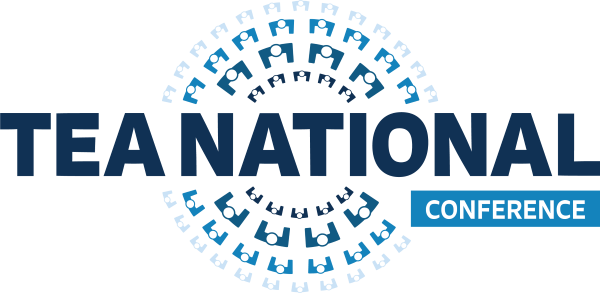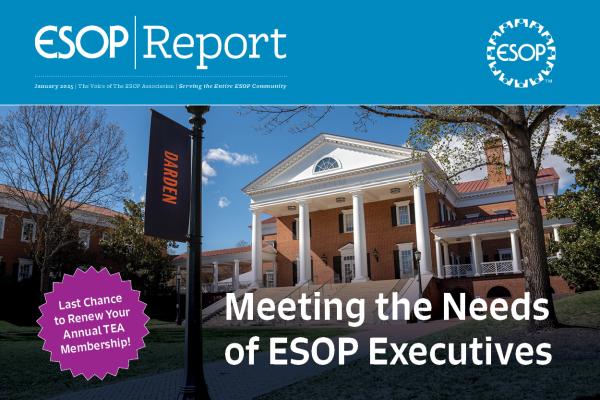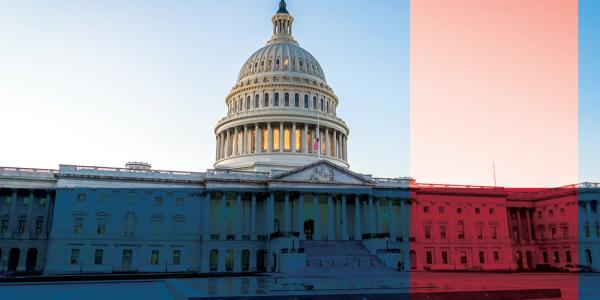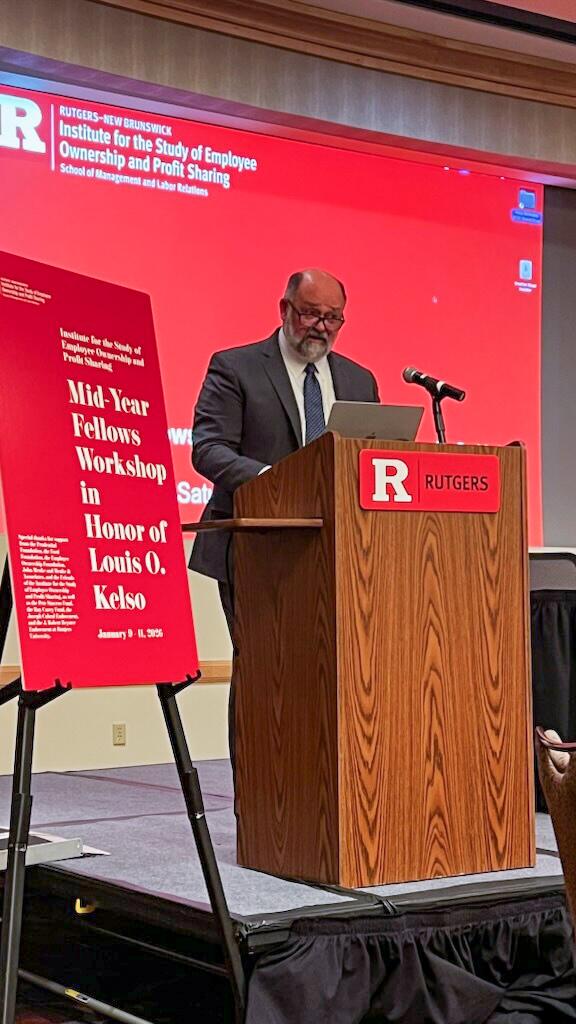A guide to the ERISA rules every ESOP fiduciary needs to know to fulfill his/her obligations.
As is true for all ERISA plan fiduciaries, ESOP fiduciaries are exposed to significant personal financial liability for violation of their duties. Therefore, every ESOP fiduciary should know his/her obligations.
Section 3(21) of ERISA defines a fiduciary as a person who: (1) exercises any discretionary authority or control regarding the management or disposition of plan assets; renders investment advice for a fee with respect to any money or property of the plan or (3) has any discretion or responsibility in plan administration. Thus, fiduciaries of an ESOP would normally include the named trustees, those persons active in plan administration and those persons who are members of an administrative or investment committee. Appointment of a fiduciary is itself a fiduciary act. Thus, if an officer or a board of directors knowingly appoints or fails to monitor properly a fiduciary who is incompetent or dishonest, the officer or board may be liable under ERISA.
Directed and Independent Trustees
There are two types of fiduciaries: the “independent fiduciary” and the “directed fiduciary”. ESOPs often have independent persons or institutions as discretionary trustees when company officers have conflicting interests.
More commonly, ESOP named trustees are not independent. Rather they are subject to the direction of company officers. Such trustees are known as “directed trustees” and opinions may vary as to their fiduciary responsibilities. The directed trustee takes on an arguably greater risk than the independent trustee as it must not only follow the instructions of those to whose authority they are subject, but must also exercise good judgment in determining that the instructions are not inconsistent with ERISA and that they are otherwise proper.
ERISA Rules
Prohibited Transactions
Under ERISA a party in interest is prohibited from engaging in certain transactions with the ESOP trust. Section 3(14) of ERISA and Section 4975 (e)(2) of the Tax Code define a “party in interest” as any person providing services to the plan, such as a plan fiduciary.
Exclusive Purpose Rule
Section 404(a)(1) of ERISA generally provides that a fiduciary shall discharge its duties solely in the interest of the plan participants and “for the exclusive purpose of providing benefits to participants and beneficiaries and for defraying reasonable expenses of administering the plan...”. The Department of Labor’s position has been that the fiduciary’s concern and responsibilities under this rule extended only to retirement benefits and not in any other area such as the interests of the employees in keeping their jobs. The fiduciary is to consider exclusively the financial interests of the participants in their future retirement income from the plan, and act accordingly.
When faced with a conflict of interest, the trustee, in particular, must either resign until the conflict no longer exists or appoint independent legal and/or investment counsel for advice and conduct an intensive and scrupulous investigation of the facts in order to avoid violating the exclusive purpose rule.
The exclusive purpose rule requires that a directed trustee analyze each direction as if it were his/her own decision, making sure that his/her conduct and the directions are not inconsistent with the trust and plan documents and any provisions of ERISA. The trustee walks a thin line as it is liable for any breach of ERISA rules and is also liable if it fails to follow proper directions. To reduce this risk, the trust document should be drafted to expressly provide for those instances where a trustee may be subject to the direction of other fiduciaries.
Prudent Man Rule
A fiduciary is required to conduct the affairs of the ESOP trust with the care, skill, prudence and diligence under the circumstances then prevailing that a prudent man then acting in a like capacity and familiar with such matters would use in the conduct of an enterprise of a like character and with like aims. (ERISA Sec.404(a)(1)(D)).
Obtaining the opinion of independent counsel by itself does not satisfy the rule. The fiduciary must make an investigation of the assumptions and bases forming the advice of independent counsel. Otherwise the fiduciary rules could be circumvented by “opinion shopping”. The claim of good faith does not satisfy the rule. It is no excuse that the fiduciary acted “with a pure heart and an empty head”.
Self Dealing
Deal with the assets of the plan in his/her own interests or account; or in his/her individual or other capacity act in any transaction involving the plan on behalf of a party whose interests are adverse to the interests of the plan or the interests of the participants or beneficiaries. (ERISA Sec.406(b)(3)).
In the situation where a bank which is acting as a fiduciary of an ESOP and seeks to make a loan to the ESOP or employer, the Department of Labor may find the bank’s interests to be adverse to that of its fiduciary duties and a violation of ERISA.
Adequate Consideration
The fiduciary must insure that the ESOP pays or receives adequate consideration in a purchase or sale of employer securities that involves a party in interest. Adequate consideration is defined, in the case of a security where there is a recognized public market, as the price of the security prevailing on a national securities exchange.
If the security is not publicly traded, adequate consideration is a price not less favorable to the plan than the offering price quoted by persons independent of the issuer and of any party in interest. Neither of the above is conclusive of adequate consideration, the burden of demonstrating it being on the fiduciary. This issue is often a topic of litigation involving an ESOP.
Liability For Breach
A fiduciary who has breached his/her responsibilities, obligations or duties to the plan shall be personally liable to make good to the plan the losses resulting to the plan and is subject to any remedial or equitable relief the court deems appropriate.
Where the plan incurs no loss the fiduciary will be liable for the profits and/or any amounts the plan would have earned above any gain realized if not for the breach.
Conclusion
ESOP fiduciaries must follow the terms of the plan documents subject to their duties and responsibilities to act prudently and in the best interest of the ESOP participants. An ESOP fiduciary will rarely go wrong if the fiduciary takes the same actions for the plan participants that he/she would take if he/she owned the ESOP assets personally as a long- term investor.









